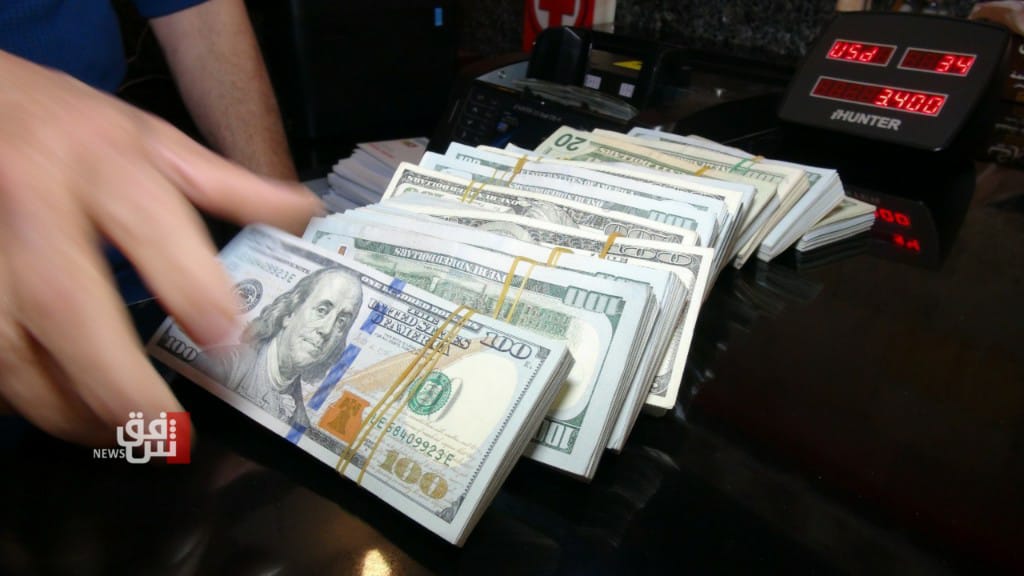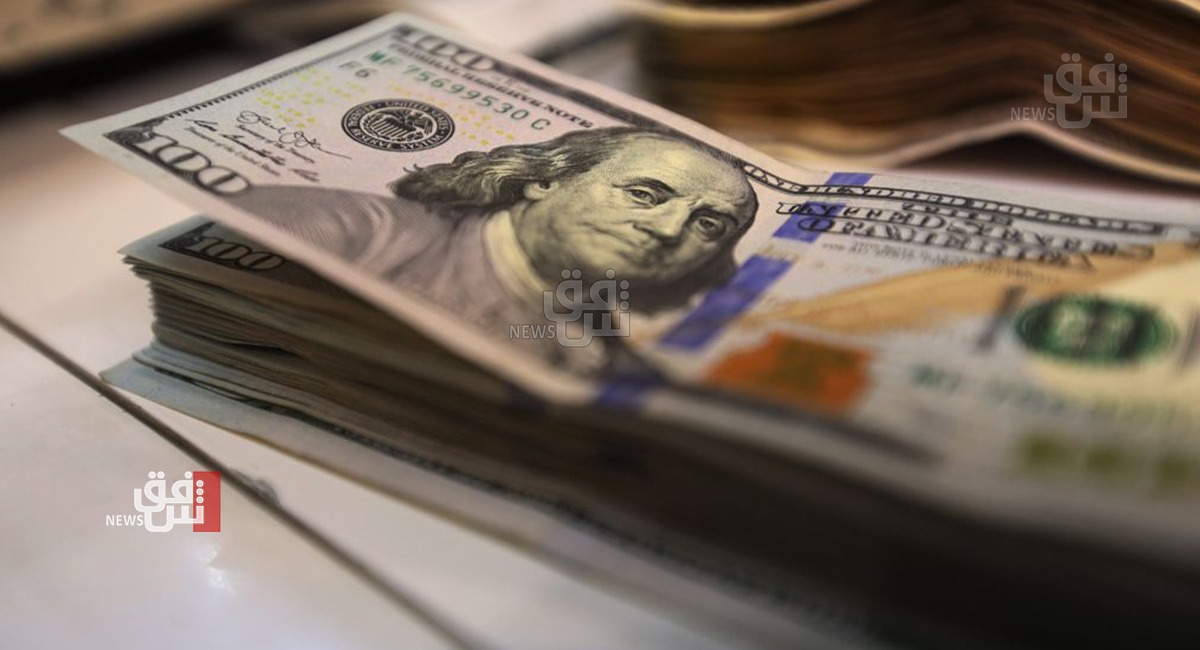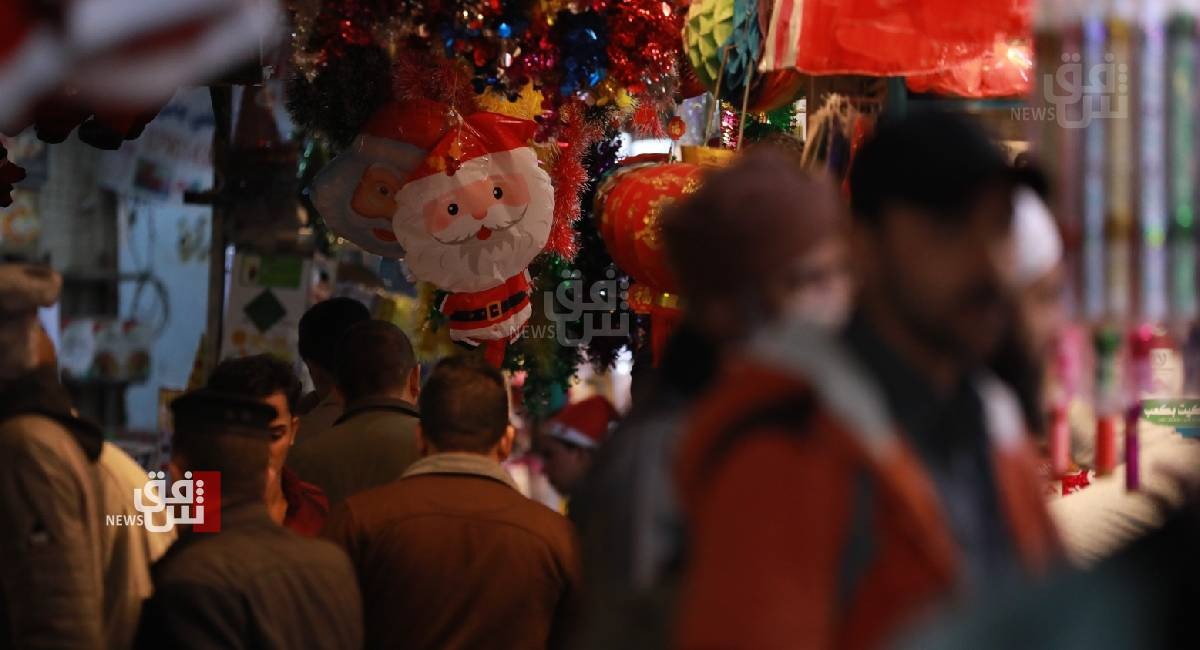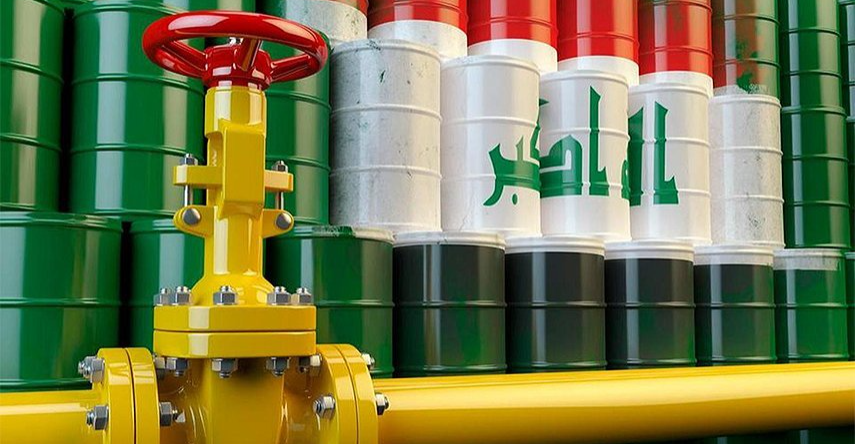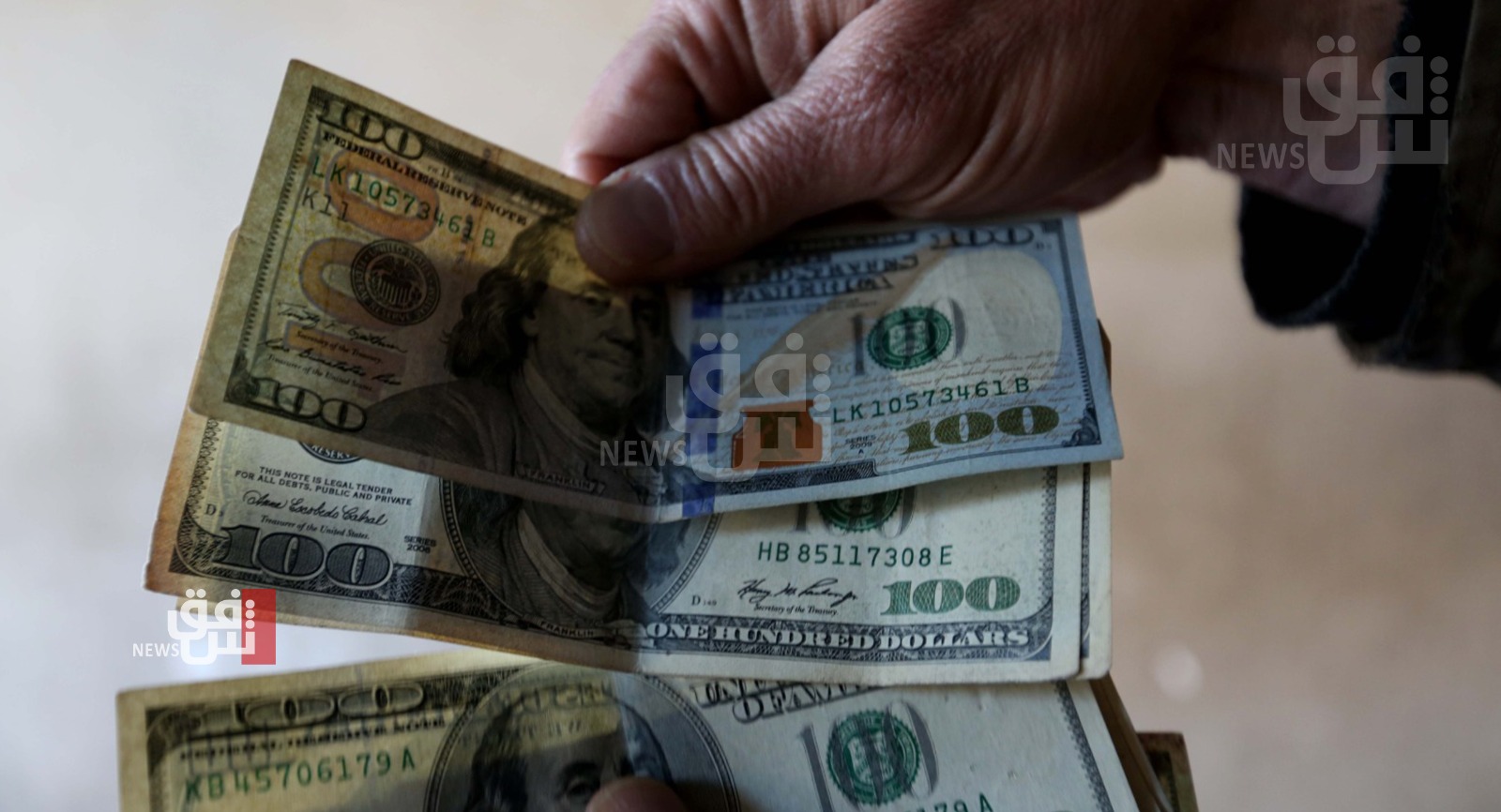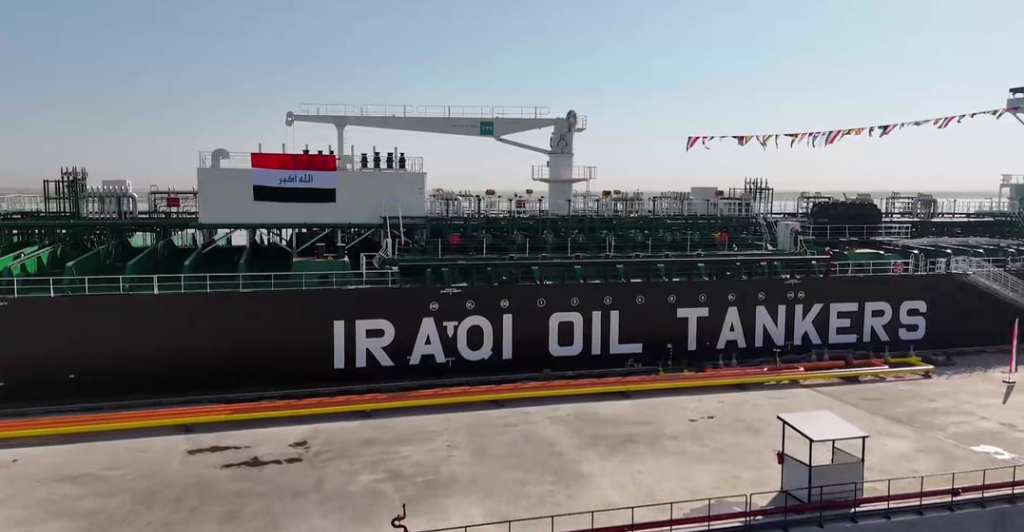Iraq, Saudi Arabia near deal on landmark 1,000 MW solar plant
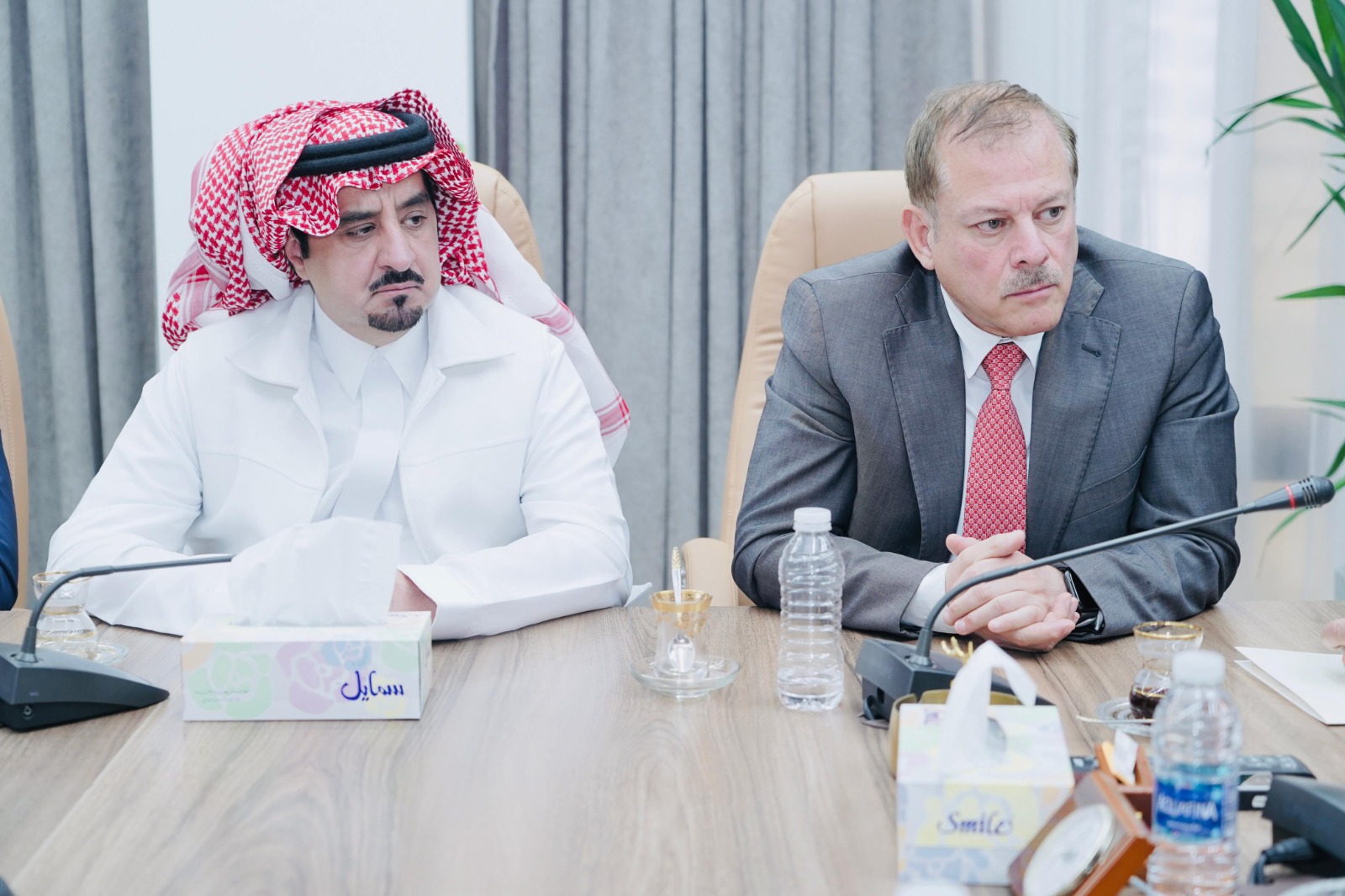
Shafaq News/ Iraq and Saudi Arabia are on the cusp of signing a contract to build a massive 1,000-megawatt solar power plant in Najaf, a move aimed at diversifying Iraq's energy sector and wean off sanctioned Iranian gas.
The announcement came Wednesday after a meeting between Iraq's Electricity Minister Ziad Ali Fadhel and officials from Saudi Arabia's ACWA Power.
The minister expressed the government's "keenness to enhance the cooperation with the Kingdom of Saudi Arabia, especially in the field of energy."
Fadhel confirmed that the multi-billion solar project has received green light from the government and Saudi-based ACWA Power will proceed soon.
The contract, delayed for three years, is expected to be finalized soon with the blessing of Prime Minister Mohammed Shia al-Sudani's. "The common desire and mutual keenness of the two parties will soon result in its final signing," Minister Fadhel said.
ACWA Power's delegation expressed the company's "desire to implement renewable energy projects in Iraq" and the Kingdom's commitment to "strengthen joint cooperation" between the two countries.
Technical and legal teams from both sides are expected to hold a series of meetings to finalize the contract details, including timelines and costs.
Iraq and Saudi Arabia are expected to complete a huge power interconnection project by 2024. In the initial phase, Saudi Arabia is set to export 1 gigawatt of electricity to Iraq through a 270-mile line. Another planned power initiative aims to connect Iraq to the GCC electrical grid. This endeavor envisions delivering 1.8 gigawatts of electricity by 2025, stretching from the al-Wafra station in Kuwait to Iraq’s Al-Faw station in the south. With a budget of $220 million, the GCC-Iraq line is supported by Kuwait and Qatar, and the GCC Interconnection Authority has already signed contracts with implementing companies. Both projects align with Iraq’s drive to diversify energy sources, to alleviate its heavy reliance on Iranian gas for power generation and to meet mounting public demand.
Since 2003, Iraq's prime ministers have attempted to foster stronger ties with the Gulf Cooperation Council (GCC) states—given geographical proximity, economic wealth, and shared sense of Arab identity. But Iraq only achieved a breakthrough in its relationship with the GCC states under Prime Minister Haider al-Abadi, when diplomatic relations with Saudi Arabia were re-established in 2015. In 2018, ties with Qatar notably improved during the Gulf crisis. In 2022, Iraq also finished paying reparations to Kuwait for its 1990 invasion.
Iraq's proven gas reserves are the twelfth-largest in the world, but the country lacks the means to efficiently capture natural gas and leverage the resource into electricity. The country flares huge quantities of methane gas associated with oil and gas extraction. According to the World Bank, Iraq is one of seven countries that account for roughly two-thirds of global gas flaring. In 2022, Iraq was the second-largest source of gas flaring worldwide, second only to Russia. The TotalEnergies deal aims to help Iraq harness the natural gas emitted by its oil wells, achieve a more balanced energy portfolio, and address some of its domestic electricity shortages.
It would also be significantly cheaper for Iraq to harness its own gas rather than to continue with its current agreement with Iran. According to Iraqi Oil Minister Ihsan Ismael, Iraq pays Iran $8 per million British thermal units (BTU) for Iranian gas. By comparison, it is estimated that it would cost the government less than $2 BTU to produce Iraqi natural gas. Despite being OPEC’s second-largest producer, Iraq relies on Iran for nearly a third of its electricity, though this is often subject to interruptions. For instance, when Iran reduced gas supplies from 50 million cubic feet to 8.5 million cubic feet because of unpaid bills, widespread electricity shortages struck central and southern Iraq.
The electricity infrastructure in Iraq has suffered from inadequate maintenance since the 1980s. Power outages are part of daily life in Iraq, but older generations can vividly recall a bygone era under the previous regime when electricity was stable and consistent. Before the 1980s, Iraq boasted one of the most developed energy sectors in the region.
Following the eight-year-long war with Iran, the decline in oil revenue reduced the Iraqi government's spending on public services. The 1990 Gulf War, coupled with the sanctions that followed, devastated state infrastructure, particularly the electric grid and water networks. By the end of the 1990s, most Iraqis did not have consistent access to electricity or water.
Now, two decades after the 2003 US invasion, Iraq has failed to see improvements in the electricity infrastructure. Although the disparity between supply and demand is widening due to population increase and rising temperatures, corruption remains the largest obstacle to a reliable electricity grid.
Iraq's former prime minister, Mustafa al-Kadhimi, claimed that Iraq has spent more than $62 billion since 2003 on electricity generation. A parliamentary committee investigating the utility sector estimated that Iraq has invested $81 billion since 2005 without significant improvements to electrical output or the grid's inefficiencies.

